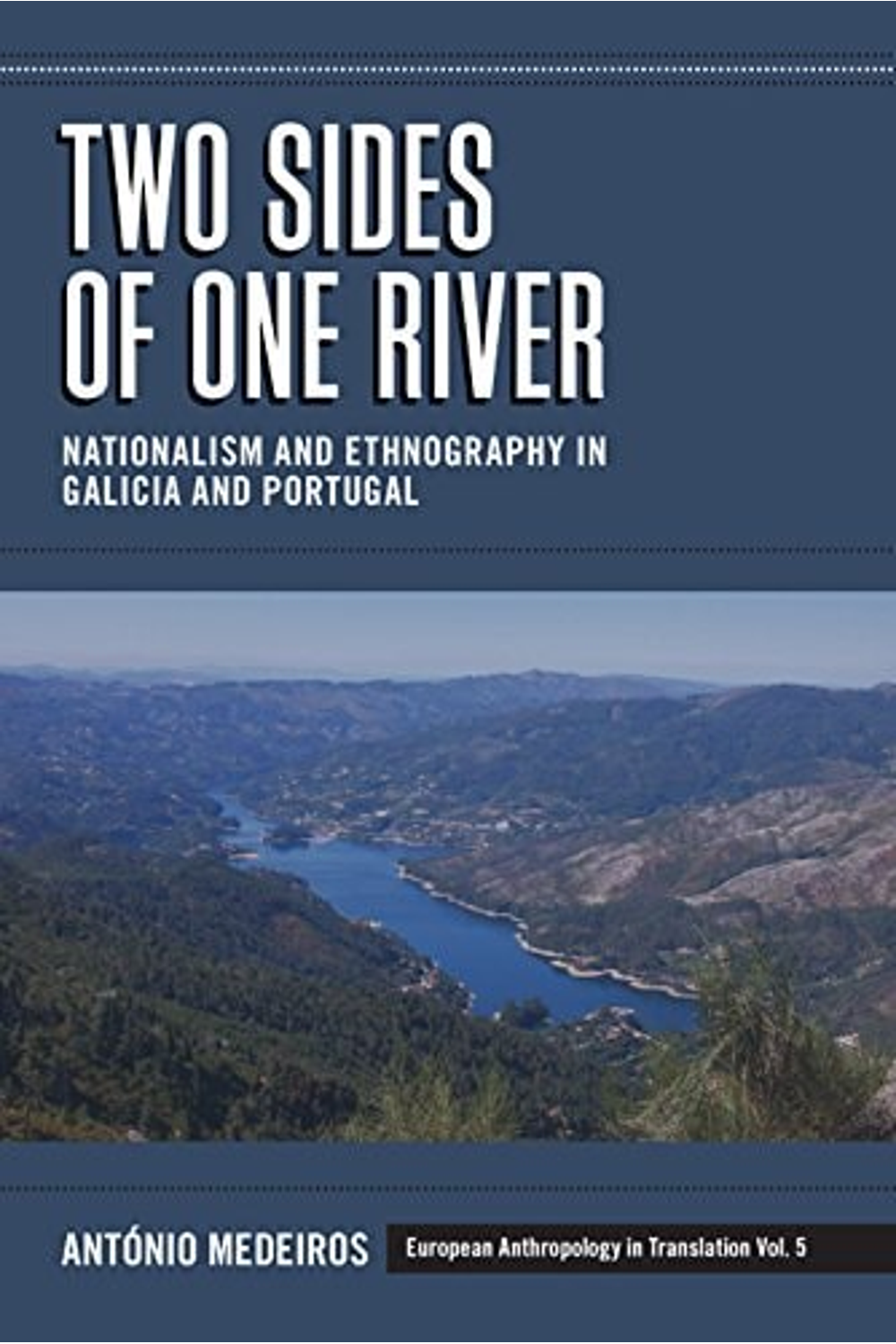“Two Sides of One River: Nationalism and Ethnography in Galicia and Portugal” offers a compelling exploration of identity formation in two Iberian regions deeply intertwined yet separated by national borders. Authored by Antnio Medeiros and published by Berghahn Books, this study delves into the nuances of how Galicia and Portugal, sharing cultural and linguistic roots, developed distinct national narratives during the 19th and 20th centuries. Medeiros masterfully analyzes ethnographic and topographic accounts to reveal how political integration into Spain and Portugal, respectively, shaped their self-perceptions. Discover the role of intellectual elites, nationalist movements, and cultural production in constructing these diverging identities. Ideal for scholars of nationalism, ethnology, and Iberian studies, this hardcover edition provides valuable insights into the complex interplay of history, memory, and the “imagined community.” ISBN: 9780857457240.
Two Sides of One River: Nationalism and Ethnography in Galicia and Portugal (European Anthropology in Translation, 5)
19,73 $
In stock
Galicia, the region in the northwest corner of Spain contiguous with Portugal, is officially known as the Autonomous Community of Galicia. It is recognized as one of the historical nationalities making up the Spanish state, as legitimized by the Spanish Constitution of 1978. Although Galicia and Portugal belong to different states, there are frequent allusions to their similarities. This study compares topographic and ethnographic descriptions of Galicia and Portugal from the nineteenth and twentieth centuries to understand how the integration into different states and the existence of nationalist discourses resulted in marked differences in the historical representations of these two bordering regions of the Iberian Peninsula. The author explores the role of the imagination in creating a sense, over the last century and a half, of the national being and becoming of these two related peoples.
| Authors | |
|---|---|
| Binding | |
| Condition | |
| ISBN-10 | 0857457241 |
| ISBN-13 | 9780857457240 |
| Language | |
| Pages | 388 |
| Publisher | |
| Year published | |
| Weight | 712 |
| Edition | 1 |
| Dewey decimal | 320.540946/1 |
Related products
- Additional information
- Currencies
- USD – United States dollar
- EUR – Euro
- GBP – Pound sterling
- CNY – Chinese yuan
- BRL – Brazilian real
- MXN – Mexican peso
- JPY – Japanese yen
- PHP – Philippine peso
- THB – Thai baht
- PLN – Polish złoty
- CAD – Canadian dollar
- MYR – Malaysian ringgit
- AUD – Australian dollar
- TWD – New Taiwan dollar
- CZK – Czech koruna
- SEK – Swedish krona
- HUF – Hungarian forint
- ILS – Israeli new shekel
- CHF – Swiss franc
- HKD – Hong Kong dollar
- DKK – Danish krone
- SGD – Singapore dollar
- NOK – Norwegian krone
- NZD – New Zealand dollar




